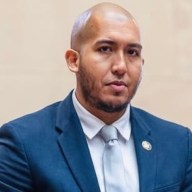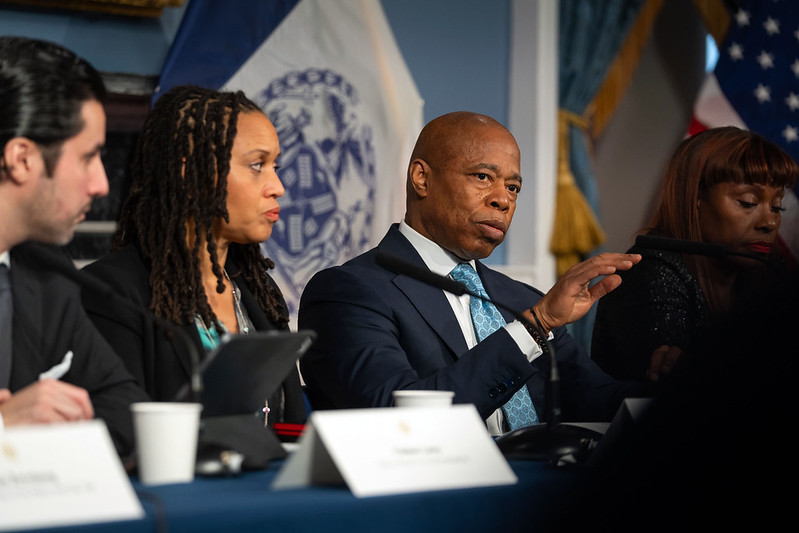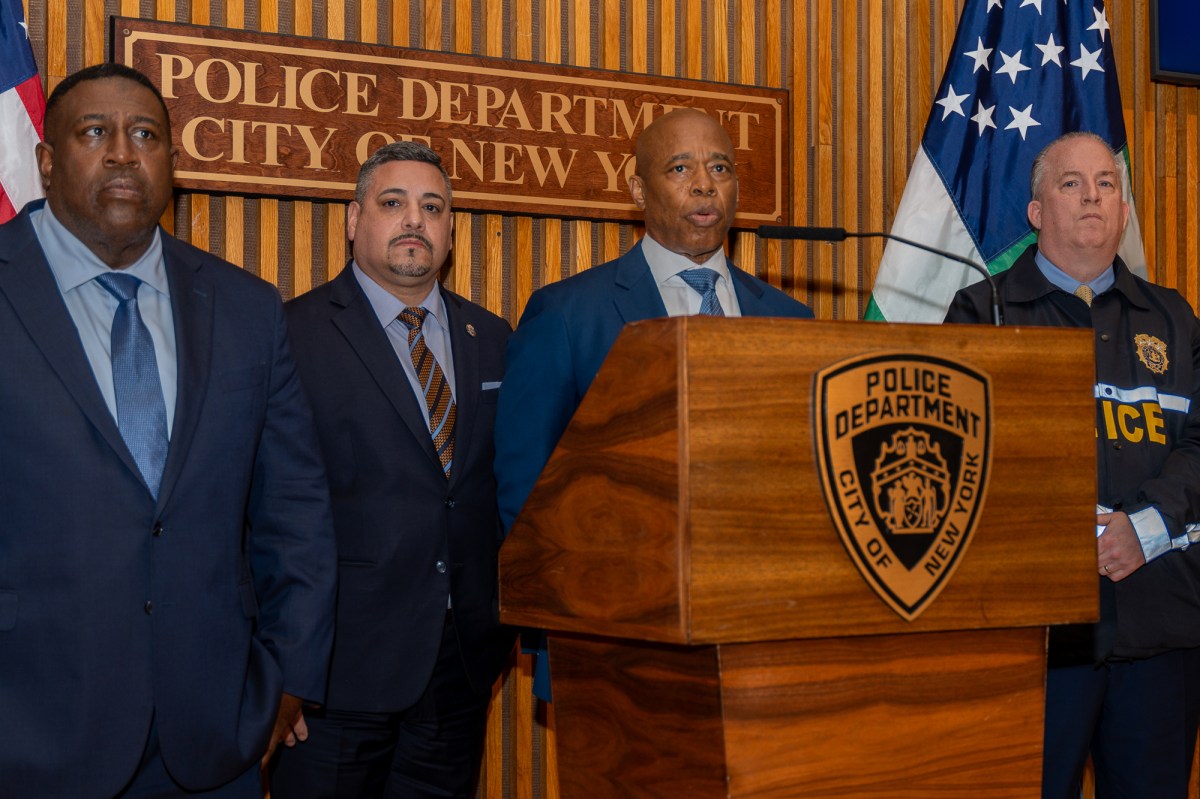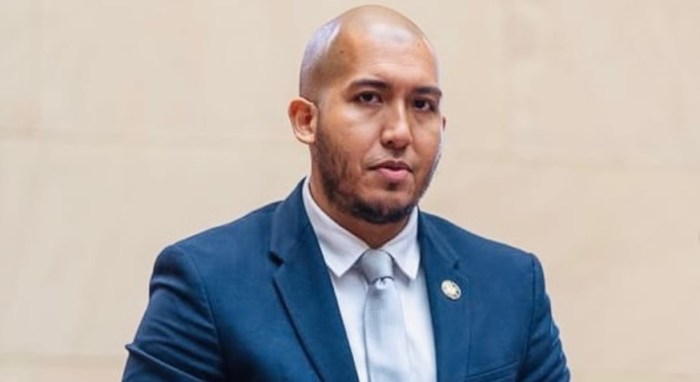By Dustin Brown
Long Island City's Osborne Association is about second chances, something Anne McLaughlin knows all too well.
Freed from prison on work release in 1997 after serving a yearlong term, she went to Osborne for help finding a job as she resumed life on the other side.
Now she is Osborne's director of employment and training services, and among the employees who report to her is the career counselor who advised her in those bleak early days.
“It was like a whirlwind thing for me. That's why I'm so committed to this organization,” McLaughlin said. “I had lost everything, my confidence, everything.”
But at Osborne, she said, “you're allowed to be you, to develop and go on with your life.”
The Osborne Association is a non-profit organization committed to helping rehabilitate inmates and ex-offenders so they can lead productive lives outside of prison walls without falling back into the lifestyle that got them jailed in the first place.
“We believe most folks, given support and given encouragement and given real, concrete opportunities to change their lives, can make new lives for themselves,” said David Miller, Osborne's director of development.
The organization moved its administrative offices and employment services to a new home at 36-31 38th St. in Long Island City a year and a half ago, merging two cramped Manhattan locations into a single headquarters.
The facility is open and airy, with broad windows, classrooms and computer labs for clients and cubicles for job developers on the first floor. The second story is devoted to offices for the people who run the organization, which also has branches in Brooklyn and the Bronx.
“Our space is so much better, we can offer so much more to our clients,” McLaughlin said.
And what's more, the Long Island City community has embraced Osborne's presence, Miller said.
“We have been very surprised and pleased that the community has been very welcoming,” Miller said. “In Manhattan, we were having difficulty finding facilities where people would rent to us.”
In Long Island City, however, “people understand the importance of what we do in terms of helping our clients make a new life for themselves.”
The Osborne Association was founded in the early part of the 20th century by Thomas Mott Osborne, a onetime banker who voluntarily spent a week at a state prison and came out with a determination to reform prison life.
“What he learned out of this experience was, these are not evil people. These are my brothers,” Miller said.
Osborne's funding comes predominantly from the city, state and federal government as well as from a number of private foundations.
“We are bracing ourselves for what is going to happen when the city and the state do their next budgets,” Miller said.
While Osborne's staff anticipates losing some of its public funding because of the budget crisis, they are quick to point out that whatever money goes to them ultimately saves the state in the long run.
“It is going to cost the state far more money to house them in prison than it would to fund these services,” Miller said, pointing out that without support, many former inmates are far more likely to return to prison.
Every Monday Osborne accepts a new slate of clients who go through an extensive assessment to determine their needs and how Osborne can help. The association offers a wide range of education, training and counseling programs that prop the clients up at a time when they are most vulnerable.
“These people have not worked for a long time, so we have to prepare them,” McLaughlin said.
Osborne's goal is not only to help people find jobs but to give them the tools they need to stay employed.
“What it takes to succeed in prison is the reverse of what it takes to succeed in the outside world,” Miller said. “It's not just getting a job – you're moving into a completely different world.”
Angel Hernandez, 37, is a new client who was released from prison in 2000 and moved into a substance abuse program in Jamaica more than a year ago to help him escape the habits that put him in jail. Now he hopes Osborne can help him overcome the stigma of a criminal record and land him a job.
“It's hard to market myself. I don't have the funds. I don't have the network to find where the jobs are,” Hernandez said. “Once I get in I can prove myself, but getting in is hard. A lot of us don't know how to present ourselves, sell ourselves. This place helps.”
Reach reporter Dustin Brown by e-mail at Timesledger@aol.com or call 718-229-0300, Ext. 154.

































